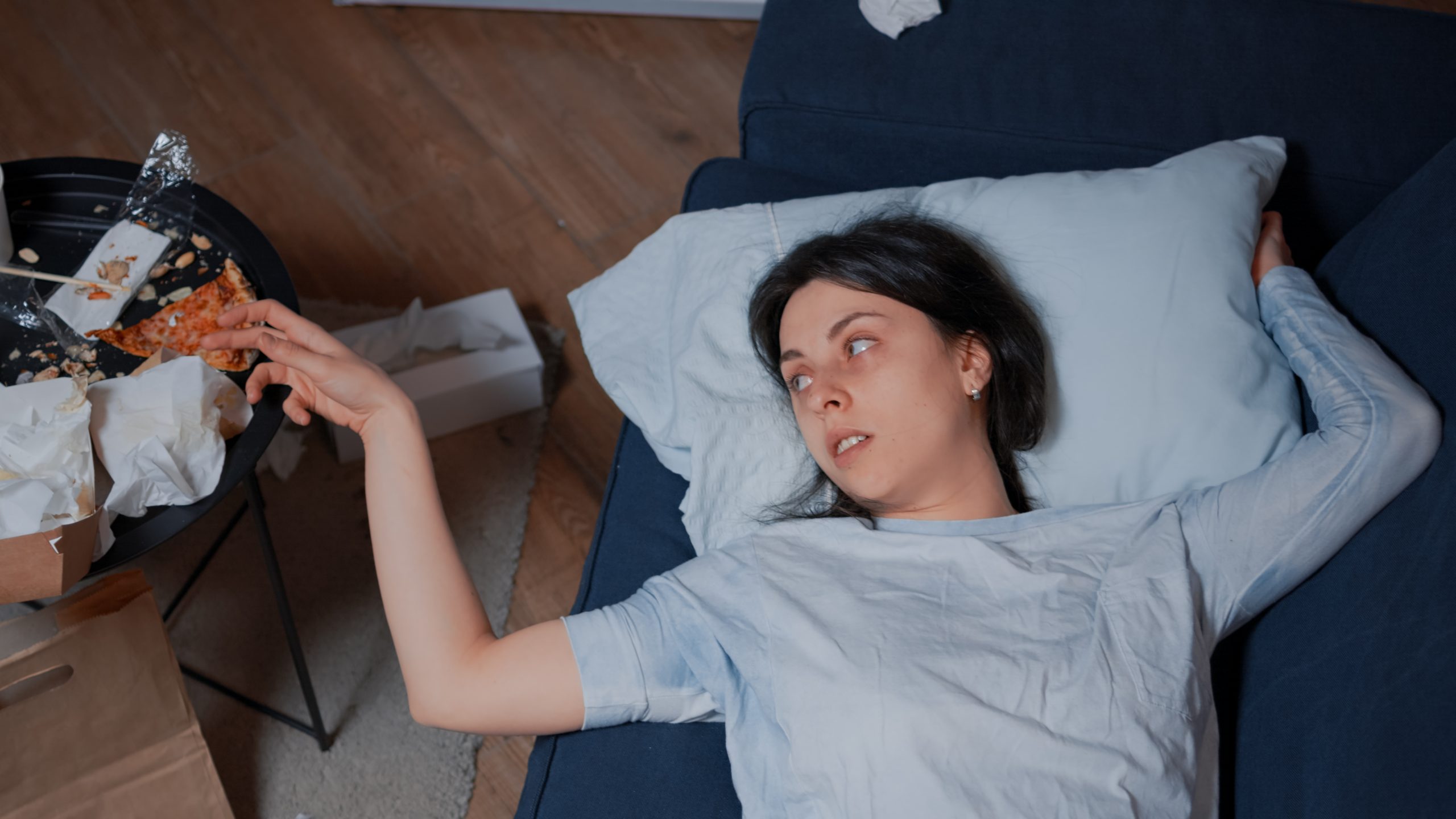

An observational study from Sweden’s Karolinska Institutet reveals that medical sleep therapy may lessen self-harm among young people with anxiety and depression. In particular for females, the risk of self-harm rose in the months before the melatonin prescription and fell after. Journal of Child Psychology and Psychiatry published the paper.
In Sweden, melatonin, a hormone regulating the sleep-wake cycle, is the most frequently prescribed medication for sleep disorders in kids and teenagers. Since 2020, melatonin has been sold without a prescription in Sweden, where usage has significantly expanded in recent years.
“Given the established link between sleep problems, depression, and self-harm, we wanted to explore whether medical sleep treatment is associated with a lower rate of intentional self-harm in young people,” says Dr. Sarah Bergen, a docent at the Department of Medical Epidemiology and Biostatistics, Karolinska Institutet, who led the study.
Over 25,500 kids and teens between the ages of 6 and 18 who received melatonin prescriptions in Sweden were identified by the study. A mental disorder was present in over 87 percent of people, most commonly attention deficit hyperactivity disorder (ADHD), anxiety disorders, depression, or autism spectrum disorder. Girls self-harm around five times more frequently than boys.
The risk in the previous month without medication and the risk twelve months after the start of melatonin treatment were compared in order to calculate the risks of self-harm in the same person when on or off medication. They could do this by accounting for background variables including genetics, the severity of sleep disorders, or psychiatric diseases that may impact correlations.
Before melatonin was taken, the risk of self-harm increased, and it fell by roughly half in the months that followed. Particularly in adolescent girls with anxiety and/or depression disorders, there was a reduction in risk.
“There is currently a youth mental health crisis, and the risk of self-harm and suicide is high,” says Sarah Bergen. “Our findings support the hypothesis that sleep interventions may reduce self-harm in this population, especially in girls.”
As it was an observational study, it cannot establish a causal relationship between melatonin and reduced self-harm rates. To check whether the use of other medications might have affected the findings, analyses were also carried out which excluded antidepressant users. The results were similar.
“This suggests that melatonin might be responsible for the reduced self-harm rates, but we cannot rule out that the use of other psychiatric medications or psychotherapy may have influenced the findings,” says Dr. Marica Leone, first author of the study and former Ph.D. student in Sarah Bergen’s research group.
more recommended stories
 AI Predicts Chronic GVHD Risk After Stem Cell Transplant
AI Predicts Chronic GVHD Risk After Stem Cell TransplantKey Takeaways A new AI-driven tool,.
 Red Meat Consumption Linked to Higher Diabetes Odds
Red Meat Consumption Linked to Higher Diabetes OddsKey Takeaways Higher intake of total,.
 Pediatric Crohn’s Disease Microbial Signature Identified
Pediatric Crohn’s Disease Microbial Signature IdentifiedKey Points at a Glance NYU.
 Nanovaccine Design Boosts Immune Attack on HPV Tumors
Nanovaccine Design Boosts Immune Attack on HPV TumorsKey Highlights Reconfiguring peptide orientation significantly.
 High-Fat Diets Cause Damage to Metabolic Health
High-Fat Diets Cause Damage to Metabolic HealthKey Points Takeaways High-fat and ketogenic.
 Acute Ischemic Stroke: New Evidence for Neuroprotection
Acute Ischemic Stroke: New Evidence for NeuroprotectionKey Highlights A Phase III clinical.
 Statins Rarely Cause Side Effects, Large Trials Show
Statins Rarely Cause Side Effects, Large Trials ShowKey Points at a Glance Large.
 Anxiety Reduction and Emotional Support on Social Media
Anxiety Reduction and Emotional Support on Social MediaKey Summary Anxiety commonly begins in.
 Liquid Biopsy Measures Epigenetic Instability in Cancer
Liquid Biopsy Measures Epigenetic Instability in CancerKey Takeaways Johns Hopkins researchers developed.
 Human Antibody Drug Response Prediction Gets an Upgrade
Human Antibody Drug Response Prediction Gets an UpgradeKey Takeaways A new humanized antibody.

Leave a Comment